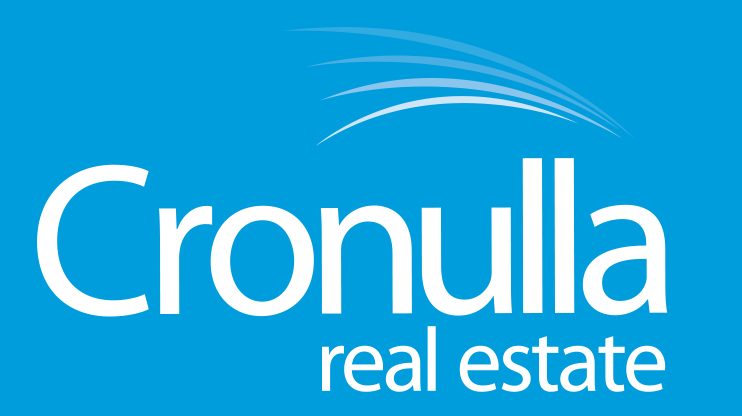FINANCE
The first thing to do is organise your finance. Decide which bank or financial institution you want to borrow from and talk to them about your options. The amount will depend on the lender’s conditions and your ability to repay the loan. Don’t forget to factor in costs such as legal fees, stamp duty, insurance and loan application fees.
RESEARCH
Know the market that you want to buy in. Look at recent sales in the area as well as attend opens and auctions to get a good idea of what properties are currently selling for.
CONTRACT OF SALE
The Contract of Sale is an important document to check as this sets out the terms and conditions of the sale. This includes the vendor’s conditions such as settlement dates as well as information including easements or covenants etc. that may affect the property.
STRATA TITLE
When purchasing a property under strata title the Strata Report is an important document to obtain as this will contain information regarding past and future works if any that may be required on the property as well as the financial position of the strata. Your solicitor or conveyancer will be able to obtain this report on your behalf and advise you of any issues.
FOR SALE OR AUCTION
There are basically two ways to buy a property, either through auction or for sale. The method of sale is up to the vendor. There are several benefits to buying at auction. It’s an open forum, so you know who you’re bidding against and what they are offering. You can inspect all the legal documents and have any necessary property inspections completed before the auction. And the Contracts of Sale are signed and exchanged right then and there – no delays.
IF BUYING AT AUCTION YOU SHOULD HAVE
- Decided on a definite upper limit within your means and have finance approved
- Conducted all required inspections ie: Building and/or Pest Inspections
- Had legal documents including contract for sale checked by your solicitor
- Organised a cheque for the deposit – A personal cheque is normally acceptable
- And finally – Bid with confidence and authority
FOR SALE
A property offered for sale will be advertised at a certain price, which may or may not be negotiable depending on the vendor. You still need to check the legal documents and of course the property itself.
MAKING AN OFFER
Deciding how much to offer can be difficult. You might wish to make your best offer up front or start with a lower offer and be prepared to negotiate up. However, keep in mind that purchasers who make higher offers might secure the property without giving you the opportunity to increase yours.
CONTRACT EXCHANGE
Once your offer has been accepted or you have purchased your new home at auction contracts must be signed between you and the vendor. Most people employ a conveyancer/settlement agent or solicitor to do legal work involved in purchasing a property such as preparing documents, giving legal advice on contracts and explaining the implications.
THE DEPOSIT
When contracts are exchanged you will be required to pay a deposit, usually 10% of the purchase price. The deposit is paid to the seller’s real estate agent or solicitor who will place the money into a trust account until settlement when the balance of the purchase price is paid.
SETTLEMENT
The sale is finalised when the balance of the purchase price and other adjustments have been paid and the title and transfer documents have been exchanged. Settlement usually takes place between 2-6 weeks after contracts have been signed by both parties. At settlement you become the legal owner of the property.
Whether buying through auction or private sale, Cronulla Real Estate can advise you throughout the process of what steps you need to take to ensure a smooth transaction.
